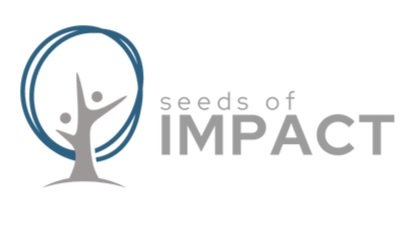Understanding Your ACEs Score
You just took the ACEs quiz. If you haven’t taken the quiz, you can do so here.
Your score reflects how many tough or traumatic things you went through as a child — things like abuse, neglect, or having a parent who struggled with addiction, mental health issues, or incarceration.
If your score is 4 or more, research shows you may be more likely to experience health problems, emotional struggles, or difficulties in relationships. But here’s the truth: your ACE score is not your destiny.
With support, tools, and intention, healing is absolutely possible. And even more — you can break the cycle for your children.
What Does Your ACEs Score Mean?
Your ACE score is based on 10 categories of childhood adversity—five related to personal experiences like abuse or neglect, and five related to household challenges such as mental illness, incarceration, or divorce. Each type of experience counts as one point, resulting in a score between 0 and 10.
While a higher score is linked to greater risk for long-term challenges, it does not determine your future. Many people with high ACE scores go on to live healthy, stable lives—especially when they receive support and build resilience.
What the Quiz Doesn’t Measure
The ACEs quiz doesn't capture everything. Other factors—like community violence, poverty, racism, housing instability, or lack of support—can also deeply affect a child’s development but are not included in the quiz.
It’s also important to know that children respond to adversity in different ways. Some may be more sensitive to stress, while others may develop resilience with the help of strong, supportive relationships. Protective factors—like having a caring adult or access to stable routines—can buffer the effects of trauma and make a big difference.
Why Knowing Your Score Matters
Learning your ACE score is a starting point. It helps raise awareness, opens the door to healing, and gives context to patterns or challenges you may have faced in your life. More importantly, it gives you the power to do something different—for yourself and your children.
What You Can Do Now
At Seeds of Impact, we believe that empowered parents can change the future. Our Impact Parenting approach helps caregivers develop emotional awareness, effective communication, and deeper connections. Here are practical steps you can take today:
• Learn how your childhood shaped your responses: Understanding your reactions to stress, anger, or conflict is the first step in creating change. You are not overreacting — your body and brain may just be responding to old wounds.
• Practice calming skills: When you feel overwhelmed, pause. Try deep breathing, taking a short walk, or speaking kindly to yourself. These tools help you reset and model regulation for your children.
• Be consistent and present: Predictable routines, patient responses, and being emotionally available help your child feel safe — even if you're still learning how to show up that way. You don’t have to be perfect to be powerful.
• Focus on connection before correction: Instead of jumping straight to discipline, try to understand the feelings behind your child’s behavior. Eye contact, calm tones, and listening first can help your child feel seen and safe.
• Ask for help and find support: You are not alone. Joining a parenting class or connecting with others who are learning just like you can give you tools and encouragement along the way.
You are not a bad parent. You are a growing parent. Every step you take toward healing creates a stronger foundation for your child’s future.
